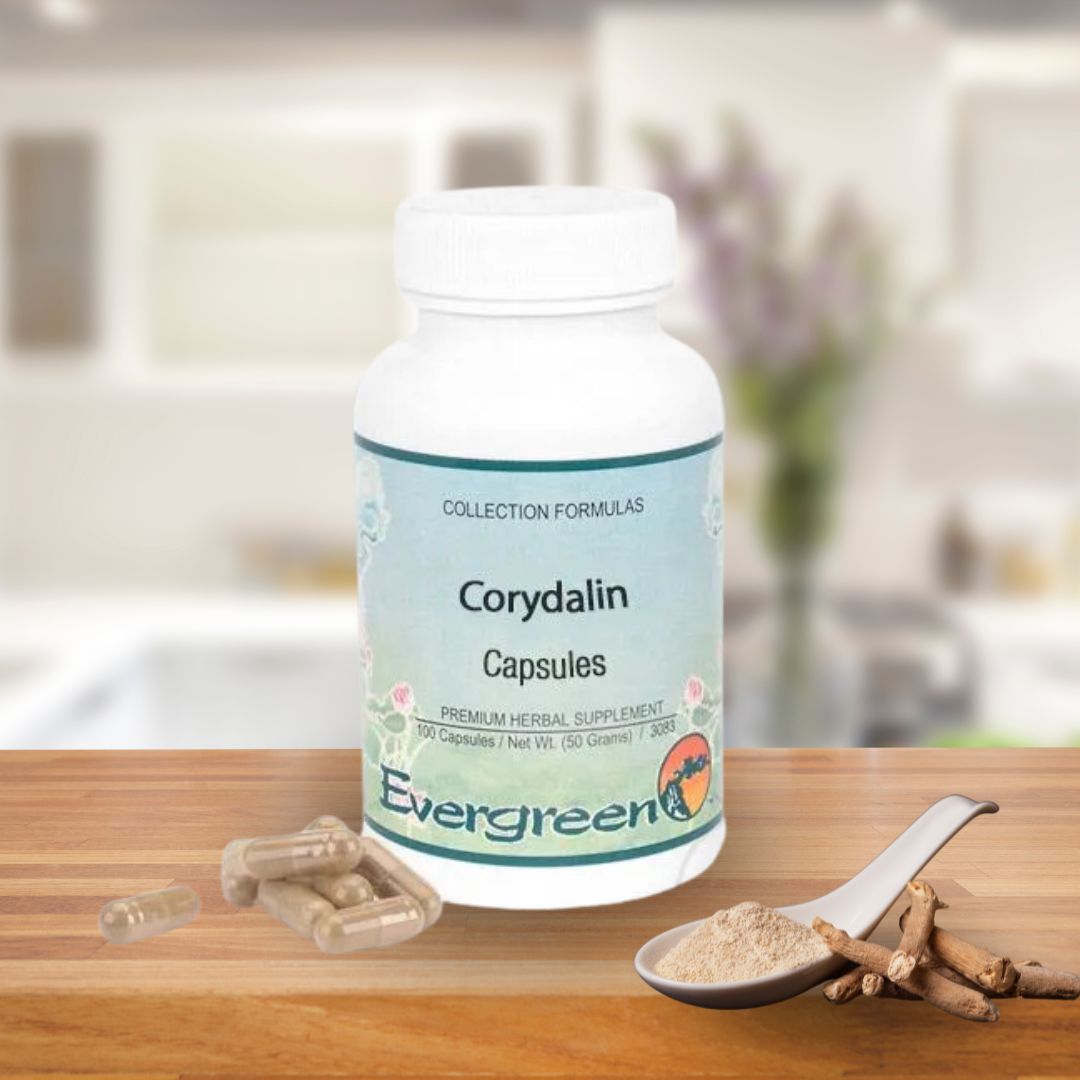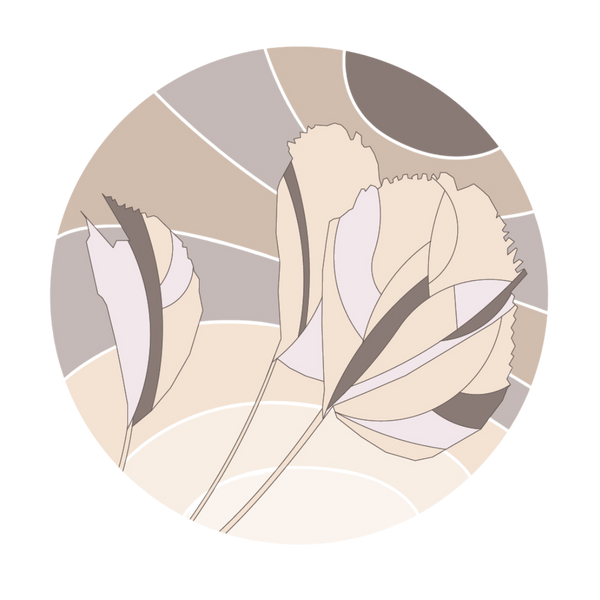1
/
of
1
ORGANIC QI
Corydalin Acute (AC)
Corydalin Acute (AC)
Regular price
$27.18 USD
Regular price
Sale price
$27.18 USD
Unit price
/
per
Couldn't load pickup availability
Clinical Applications
Clinical Applications
- Various kinds of acute headaches (according to Western medicine): sinus, vascular, stress, supraorbital, orbital, tension, menstrual-related or migraine headaches;
- Various types of acute headaches (according to traditional Chinese medicine): vertex, occipital, frontal, wind-cold, wind-heat, damp-phlegm, jueyin, Liver yang rising and blood stagnation headaches
Actions
Actions
- Analgesic effect to relieve pain;
- Anti-inflammatory effect to reduce swelling and pain;
- Muscle-relaxant effect to relieve stiffness, spasms and cramps;
- Improves peripheral and micro-circulation to relieve headache and prevent cerebral ischemia
Cautions and Contra-Indications
Cautions and Contra-Indications
- During pregnancy and nursing.
- Patients with persistent pain not relieved by Corydalin (AC) should seek further examination to rule out structural or functional abnormalities.
- Should other prominent signs of diminishing eyesight and vomiting occur in addition to the headache, refer the patient to a medical doctor immediately for a CT scan or MRI to rule out intra-cranial pressure due to tumor, aneurysms, or cerebral stenosis.
- Corydalin (AC) is designed for short-term management of acute pain, not for long-term treatment of chronic pain. Therefore, once the acute pain has subsided, Corydalin (AC) should be discontinued and another maintenance formula should be initiated.
- This herbal formula contains herbs that invigorate blood circulation, such as Radix et Rhizoma Salviae Miltiorrhizae. Therefore, patients who are on anticoagulant or antiplatelet therapies, such as Coumadin (warfarin), should use this formula with caution, or not at all, as there may be a higher risk of bleeding and bruising.
Nutrition and Lifestyle Instructions
Nutrition and Lifestyle Instructions
- Avoid intake of ice drinks or cold food, as they constrict vessels, channels and collaterals.
- Drink plenty of water throughout the day to avoid dehydration.
- Diet is important to control and prevent headaches that are food related.
- Encourage the patient to consume an adequate amount of fruits, vegetables, grains, and raw nuts and seeds.
- Caffeine withdrawal is one of the most common causes of headache. In such cases, gradually decrease and stop the consumption of caffeine-containing foods, such as coffee, tea, soda and energy drinks.
- Avoid foods containing tyramine, which can cause headaches, such as alcohol, chocolate, banana, citrus fruits, avocado, cabbage, and potato. Also, avoid the consumption of cakes, coffee, dairy products (except yogurt), processed or packaged foods, tobacco, or any junk foods.
- Monosodium glutamate (MSG) should be avoided in individuals who are sensitive to it. MSG is generally found in canned soups, TV dinners, some meats, and restaurant foods.
- Avoid allergens as much as possible if the headache is triggered by allergy. Installation of an air purifier will minimize the presence of allergens in the air and reduce the risk of allergy and headache.
- Avoid direct exposure to air conditioning, fans, or wind to the head or neck region.
- Avoid stressful situations and environments whenever possible. Ease the tension with massage, warm baths, and an exercise program.
- Tension headaches can be relieved by gentle massage of the neck and shoulders to relax the muscles. A hot Epsom salts bath is also helpful.
- Headache due to poor circulation will respond to vigorous scalp massage.
- Regular exercise, adequate rest, and normal sleeping habits are essential for optimal health.
Dosage
Dosage
Take 3 to 4 capsules three times daily on an empty stomach. The dosage may be increased up to 6 to 8 capsules every four to six hours as needed for severe pain.
Ingredients
Ingredients
Radix Angelicae Dahuricae;
Rhizoma Chuanxiong;
Radix et Rhizoma Salviae Miltiorrhiza;
Radix Puerariae Lobatae;
Rhizoma Corydalis;
Share


